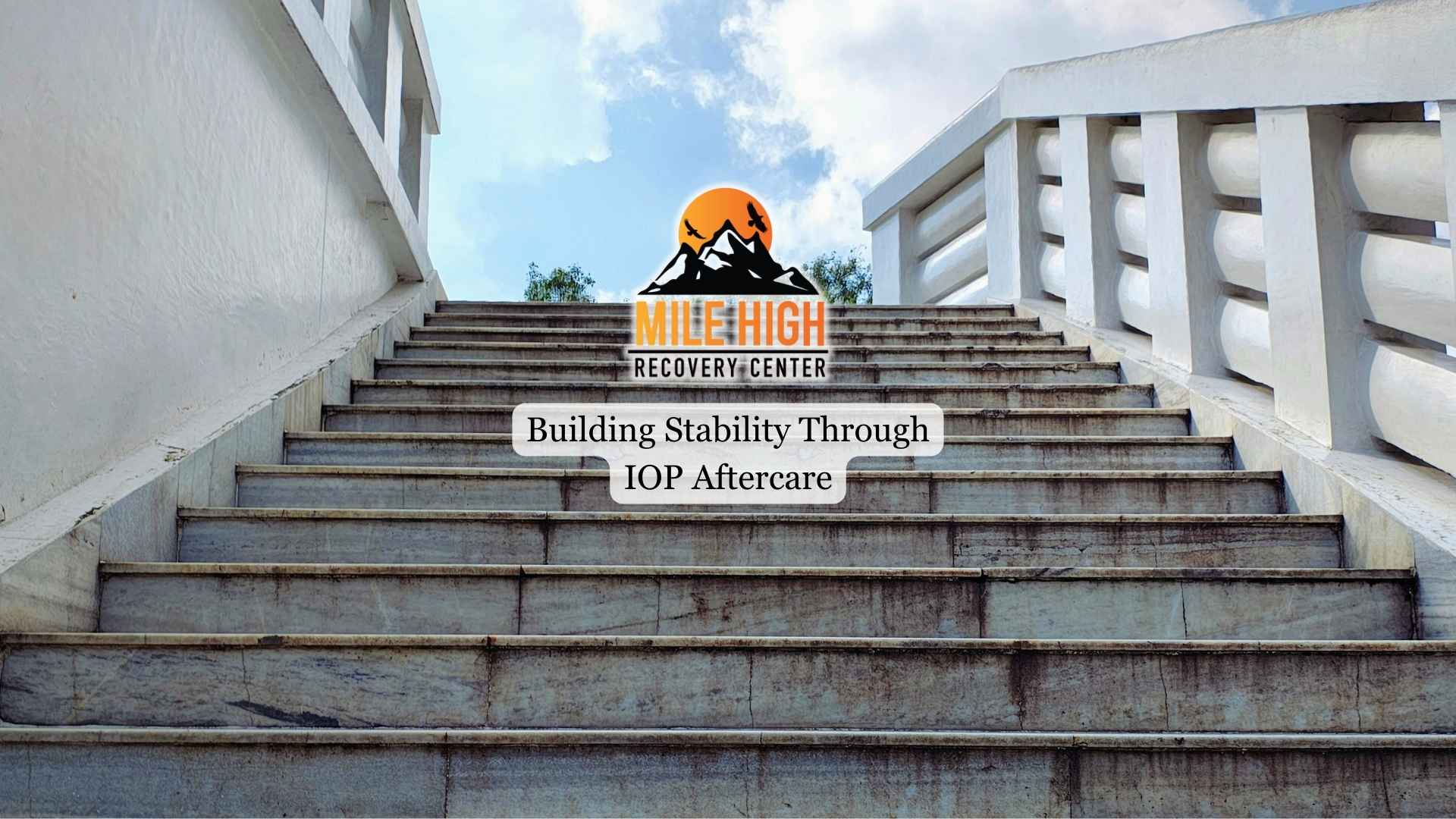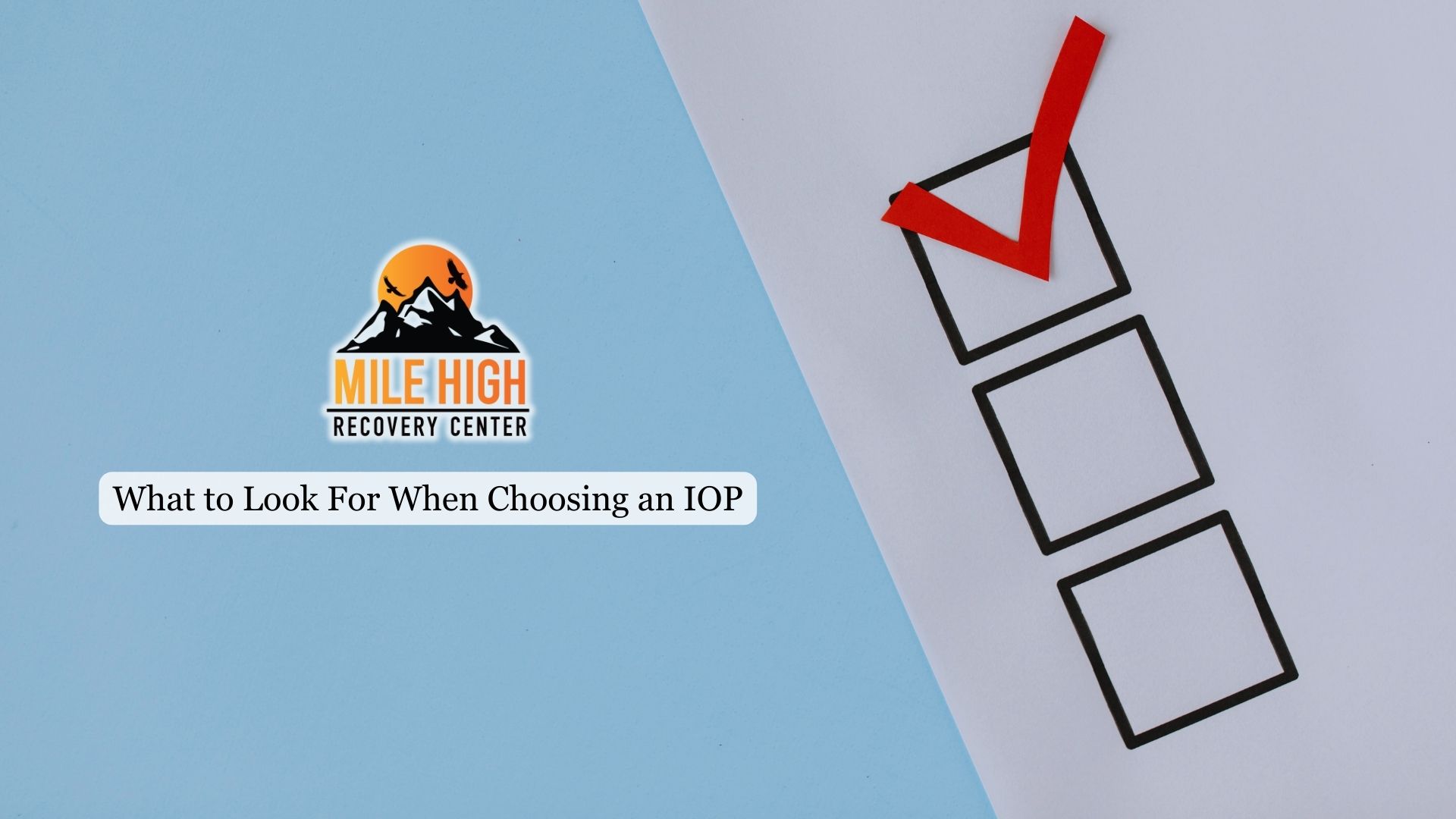Long-term rehabs play a crucial role in supporting individuals struggling with addiction and substance use disorders. These comprehensive treatment programs typically last several months or more, providing a structured environment that promotes healing, recovery, and sustained sobriety.
In this article, we will highlight the many benefits of long-term drug rehab. We’ll also explain why staying in drug addiction treatment longer can improve success rates, how inpatient rehabilitation centers address multiple aspects of addiction and mental health, and why long-term inpatient care is often a necessary component of effective addiction recovery.

Higher Success Rates and Reduced Relapse
One of the primary benefits of long-term rehabilitation programs is that they significantly increase the likelihood of sustained sobriety. Studies have shown that long-term addiction treatment programs, lasting anywhere from several months to as long as a year, allow individuals to develop the skills needed to avoid drug use triggers and build a solid foundation for recovery.
Compared to standard residential rehab programs, long-term inpatient programs provide ongoing support and monitoring, reducing the chances of relapse. Rehab centers offering longer programs can tailor treatments over time, adapting to each individual’s progress and evolving challenges.
For those struggling with addiction, enrolling in a long-term rehab can be a critical step toward lasting sobriety and a healthier, more fulfilling life. If you or a loved one is considering addiction treatment, long-term inpatient rehab may be the key to long-term recovery success.
Holistic and Comprehensive Care
Long-term inpatient treatment programs typically provide comprehensive addiction treatment for drug and alcohol dependencies, integrating physical, psychological, and social aspects of recovery. Many inpatient treatment programs offer dual diagnosis programs to address conditions such as depression, anxiety, or trauma that often accompany substance use disorder.
This holistic approach ensures that both the addiction and related mental health conditions are treated simultaneously, improving overall outcomes and supporting healthier long-term mental and physical well-being.
Development of Life Skills for Sustained Recovery
Another important benefit of long-term rehab is the focus on equipping patients with crucial life skills necessary for long-term recovery. These inpatient programs provide education on coping mechanisms, stress management, and relapse prevention.
They often include training in problem-solving, communication, and emotion regulation to help individuals successfully navigate life’s challenges without resorting to drug or alcohol use. Preparing for independent living and social reintegration is a key component of long-term inpatient rehab, giving people in recovery the tools they need to maintain their sobriety once they leave the facility.
Strong Support Network and Therapeutic Community
Living in a rehab facility for an extended period allows individuals to build strong connections with peers and addiction treatment professionals. Long-term rehabs foster a supportive community through group therapy, 12-step meetings, and other recovery-focused activities.
This therapeutic community reduces feelings of isolation and gives residents a structured sober environment, which are essential during early stages of recovery. The ongoing interaction with a recovery support network helps patients stay motivated and accountable throughout their treatment journey.
Medical and Psychiatric Supervision
Inpatient rehab centers providing long-term care offer continuous medical and psychiatric supervision, an important benefit when managing withdrawal symptoms or complex health issues. Addiction changes brain function and can deeply affect physical and mental health, so having access to medical professionals around the clock ensures safety and proper treatment.
Medication-assisted treatment may be available for some patients to ease symptoms and support recovery, which is less common in outpatient or short-term programs.

Time to Explore and Address Underlying Issues
Long-term rehab offers valuable time for patients to explore the root causes of their addiction beyond immediate drug use. These programs provide trauma-informed care and intensive psychotherapy, allowing individuals to work through emotional wounds and co-occurring mental health conditions. Addressing these underlying issues is crucial to breaking the cycles of addiction and developing meaningful behavioral changes that support long-term sobriety.
Establishing New Healthy Routines and Habits
Extended inpatient treatment allows people to form and practice new daily routines that support their sobriety. Long-term rehab encourages patients to adopt a balanced lifestyle that includes nutrition, exercise, mindfulness, and consistent participation in recovery activities. These healthy habits are reinforced throughout the treatment program and help individuals develop stability and resilience necessary for maintaining sobriety after discharge.
Comprehensive Aftercare and Transition Planning
Many long-term rehabs provide detailed discharge planning and ongoing aftercare support. This can include referrals to outpatient programs, sober living homes, and ongoing counseling services—critical elements to help people transition successfully to life outside the rehab center. Continuity of care is a key factor in avoiding relapse and achieving long-term recovery goals.
Cost Effectiveness and Societal Benefits
While a long-term inpatient rehab facility requires a more substantial time commitment and financial investment compared to short-term rehab, research indicates that they are cost-effective over time.
By reducing relapse rates, repeat hospitalizations, and emergency care, long-term treatment programs can lower the overall societal burden associated with drug and alcohol addictions. Improved employment outcomes and functioning in daily life also benefit communities and families.
Final Thoughts from Mile High Recovery
The benefits of long-term drug and alcohol rehab programs extend far beyond the immediate detox and initial treatment phases. These inpatient treatment options offer sustained support that addresses addiction and co-occurring mental health conditions, equipping individuals with lifelong skills and a strong recovery foundation.
At Mile High Recovery Center in Denver, Colorado, we believe long-term residential treatment is a powerful path to lasting transformation. In a safe, structured, and deeply supportive environment, individuals have the time and space to truly heal and recover. With continued therapeutic care and daily support, you can begin to rebuild your life, develop emotional resilience, and rediscover a sense of purpose.







